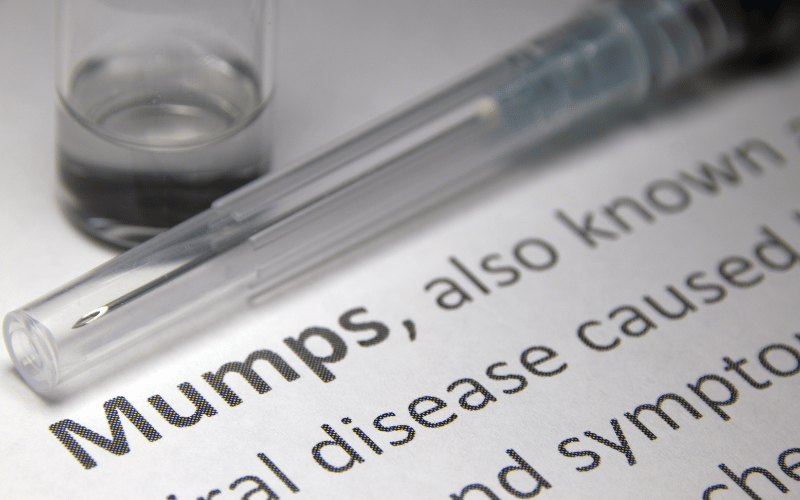Introduction: A Closer Look at Parotitis
The human body is a complex machine, with each part serving a specific function. One such part, often overlooked but of paramount importance, is the parotid gland. This salivary gland, the largest in the human system, plays a crucial role in the digestion process and overall oral health. However, like every other component of the body, the parotid gland can fall prey to various ailments, the most common of which is swelling or parotitis.

Parotitis can be discomforting, causing a noticeable swelling in front of the ears and down to the neck. Beyond the visible symptoms, it can bring about a host of complications, affecting one’s quality of life. And while most people might dismiss it as a temporary discomfort, understanding its causes can be the key to better diagnosis, more effective treatment, and improved preventive measures.
Before we delve into the specifics, it’s essential to understand the anatomy and the functionality of the parotid gland. Situated on either side of the mouth and in front of both ears, the parotid glands secrete saliva, a digestive enzyme that breaks down food and acts as a deterrent to bacterial growth in the mouth. Any malfunction, blockage, or infection in these glands can impede these functions, leading to parotitis. Now that we have a foundational understanding let’s dive into the primary causes of this condition.
Cause 1: Mumps Virus Infection

Mumps used to be an all-too-familiar word in households several decades ago, thanks to its rampant spread among children. This contagious disease primarily attacks through respiratory droplets. As a result, places with close contact, like schools or daycare facilities, often become ground zero for outbreaks.
The early onset of mumps might be misleading. Initial symptoms might include low-grade fever, fatigue, or muscle pain, often leading individuals to believe it’s just a passing flu or cold. But as the days progress, the signature swollen parotid glands emerge, making the condition unmistakable.
What makes mumps alarming are the complications. If untreated or unnoticed, it can lead to severe conditions in both males and females. Orchitis, which affects the testicles in males, and oophoritis, an inflammation of the ovaries in females, can be direct repercussions of mumps. While rare, these complications underscore the disease’s potential severity.
On the neurological front, mumps can also pave the way for meningitis, a condition where the protective membranes around the brain and spinal cord get inflamed. Such complications reiterate the importance of early detection and the massive benefits that vaccines bring to the table. (1)